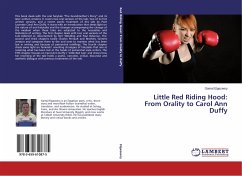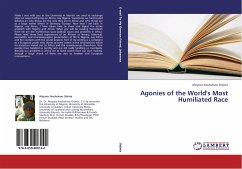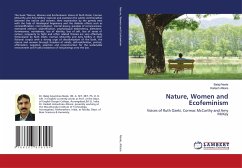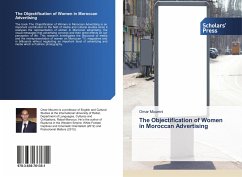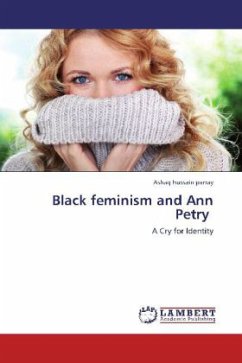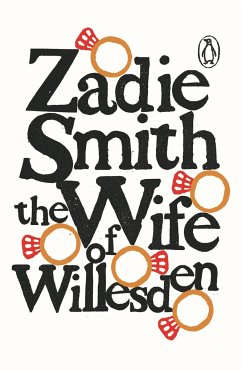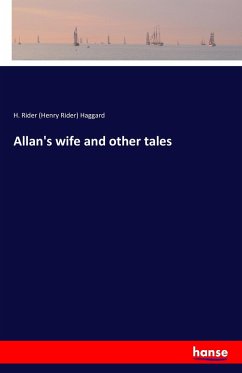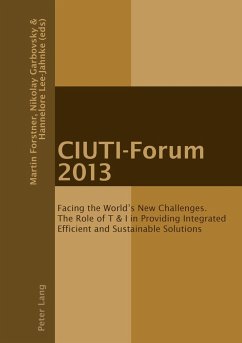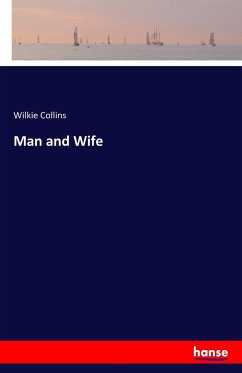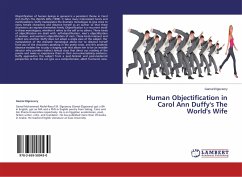
Human Objectification in Carol Ann Duffy's The World's Wife
Versandkostenfrei!
Versandfertig in 6-10 Tagen
27,99 €
inkl. MwSt.

PAYBACK Punkte
14 °P sammeln!
Objectification of human beings in general is a persistent theme in Carol Ann Duffy's The World's Wife (1999). It takes many interrelated forms and manifestations. Duffy manipulates the dramatic monologue to give voice to many female characters and distance herself as an author so that these characters can express themselves freely. Objectification is a recurrent motif in these monologues, whether it refers to the self or to others. Three kinds of objectification are dealt with: self-objectification, men's objectification of women, and women's objectification of men. These kinds intersect and ...
Objectification of human beings in general is a persistent theme in Carol Ann Duffy's The World's Wife (1999). It takes many interrelated forms and manifestations. Duffy manipulates the dramatic monologue to give voice to many female characters and distance herself as an author so that these characters can express themselves freely. Objectification is a recurrent motif in these monologues, whether it refers to the self or to others. Three kinds of objectification are dealt with: self-objectification, men's objectification of women, and women's objectification of men. These kinds intersect and reflect one another. Duffy does not adopt a single view of the subject. Her manipulation of the dramatic monologue allows her to distance herself from any of the characters speaking in the poetic texts, and this aesthetic distance enables her to play a staging role that allows her to be an invisible director who provides indirect textual clues that direct our reading of the poems and make usexperience them in their non-universalizing existence. Duffy approaches this subject from a post-feminist and post-modernist perspective so that she can give us a comprehensive, albeit fractured, view.





